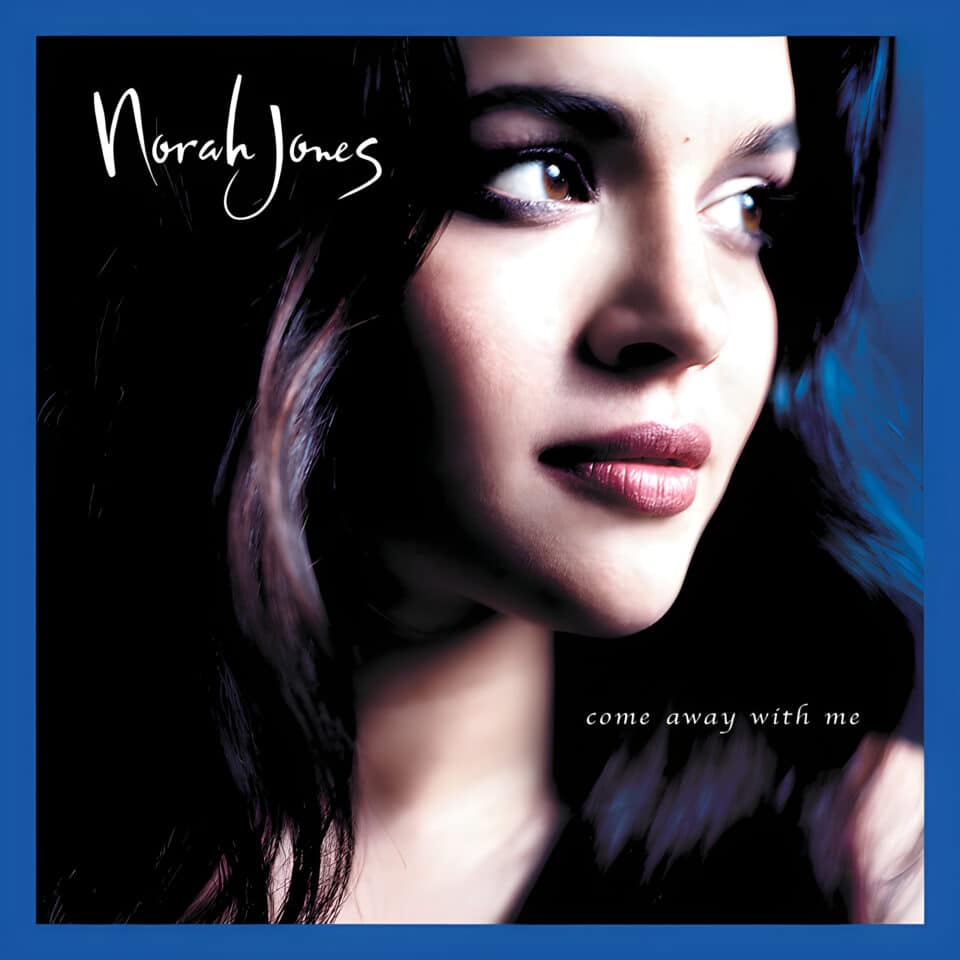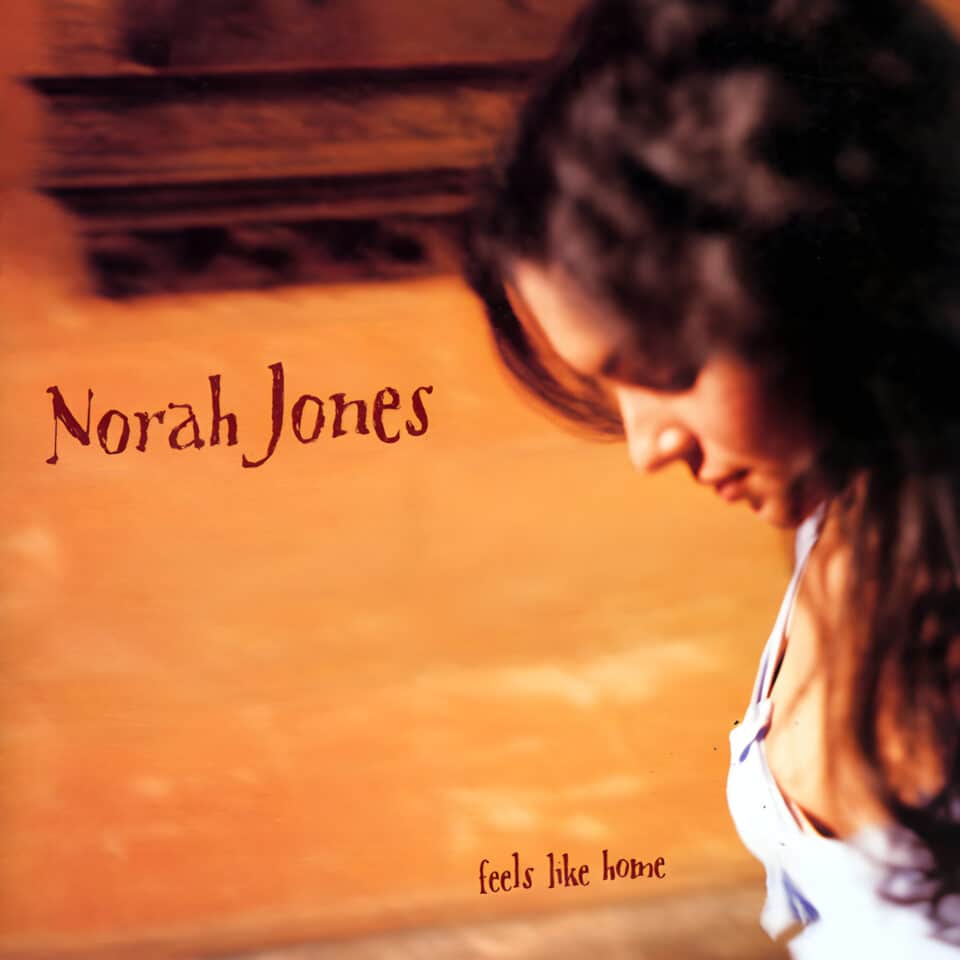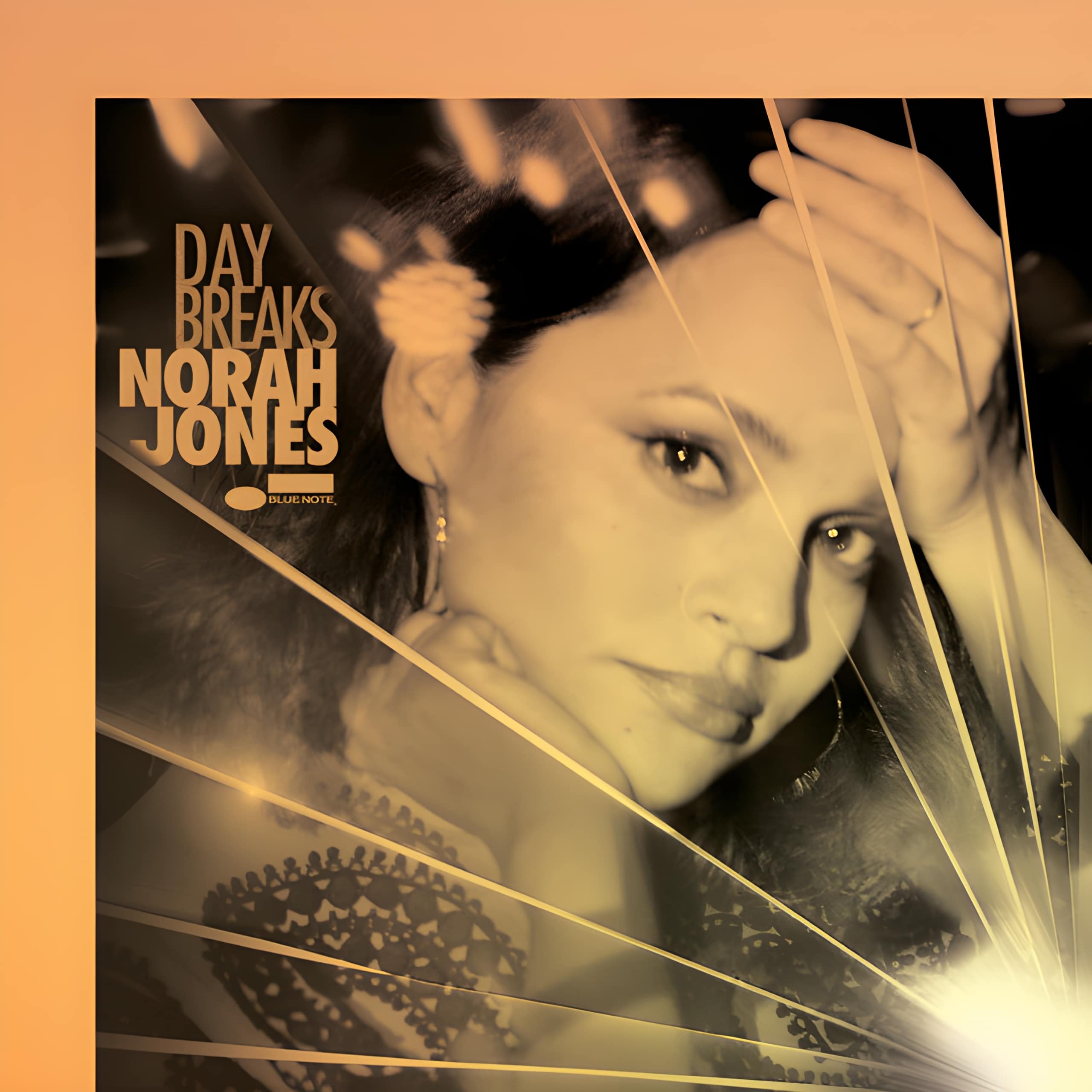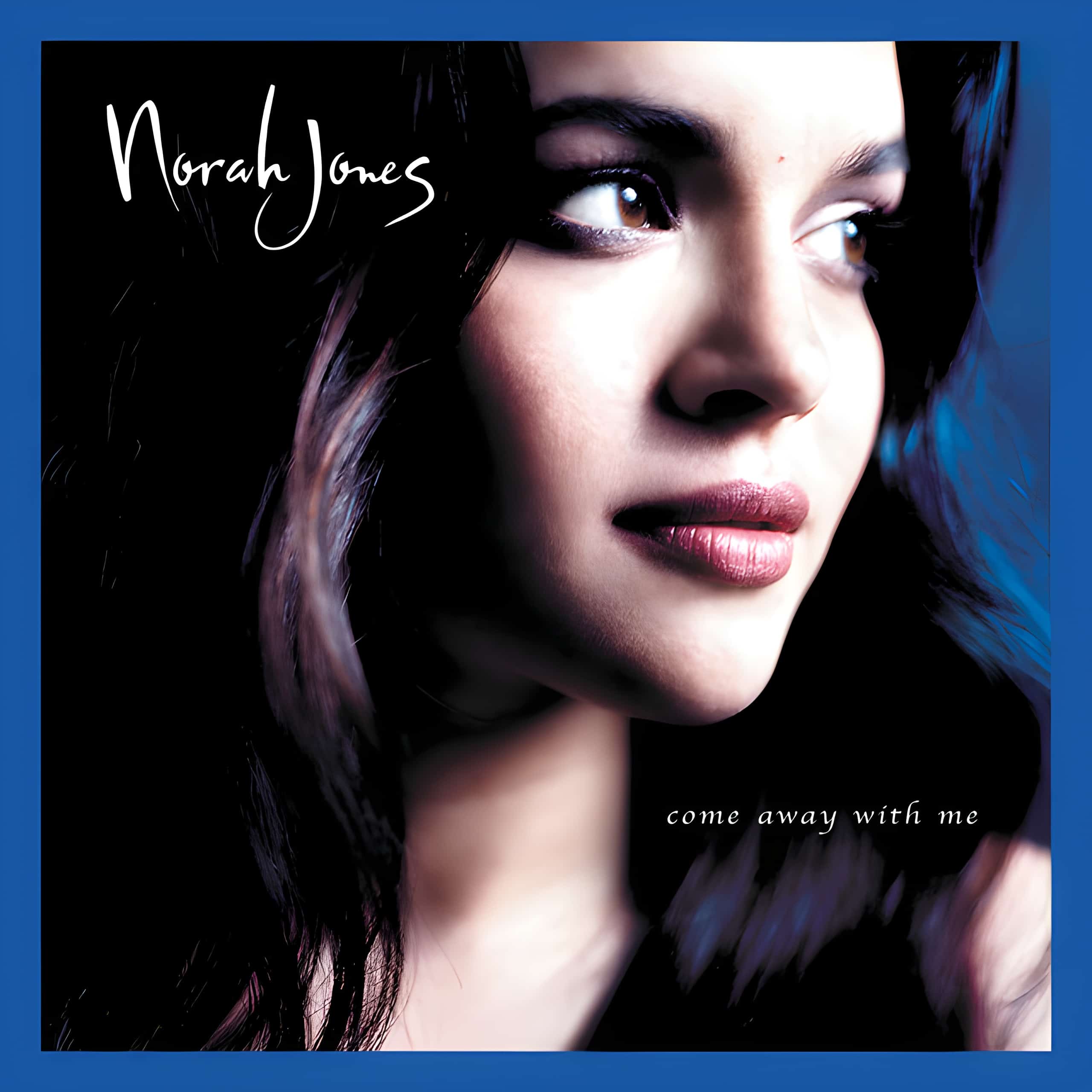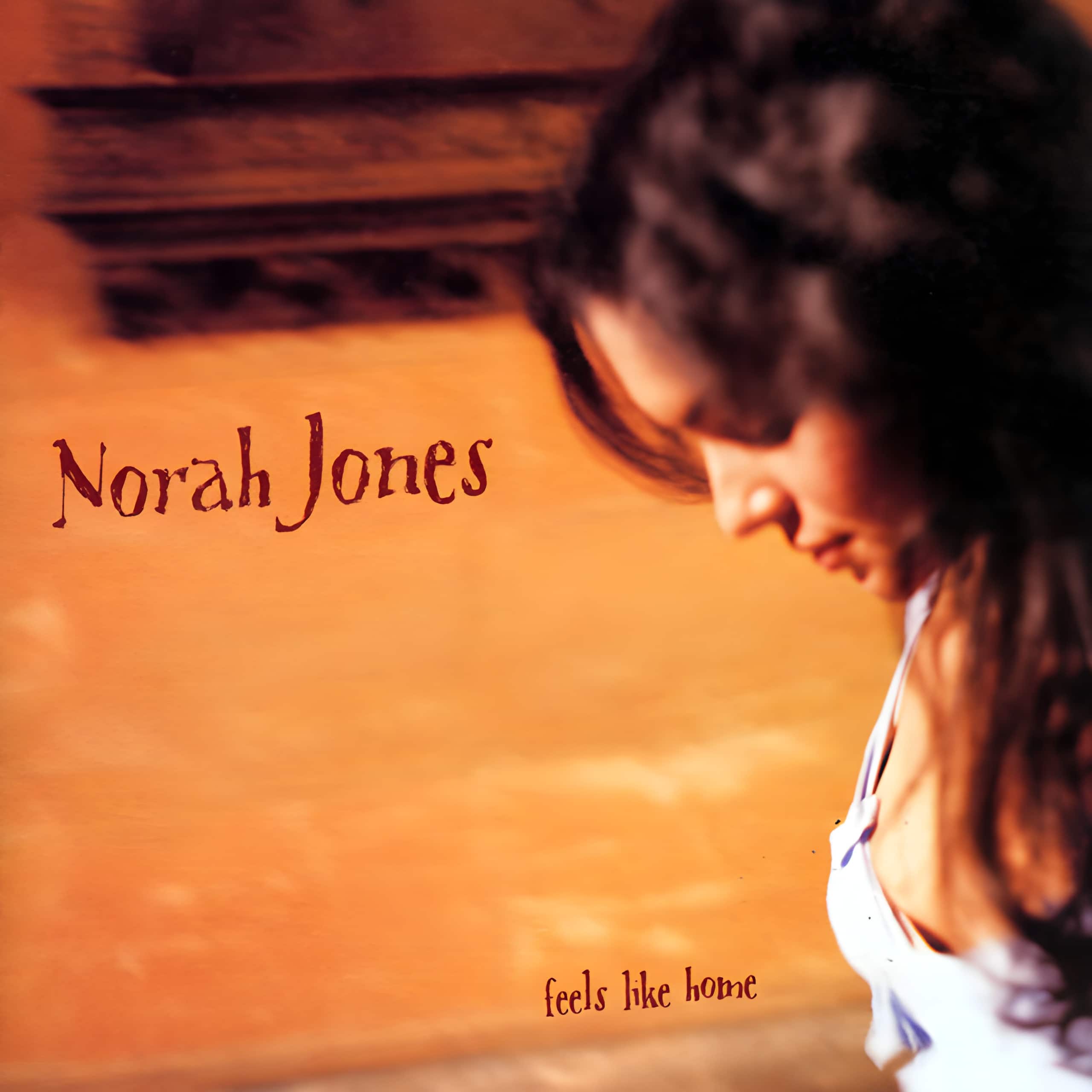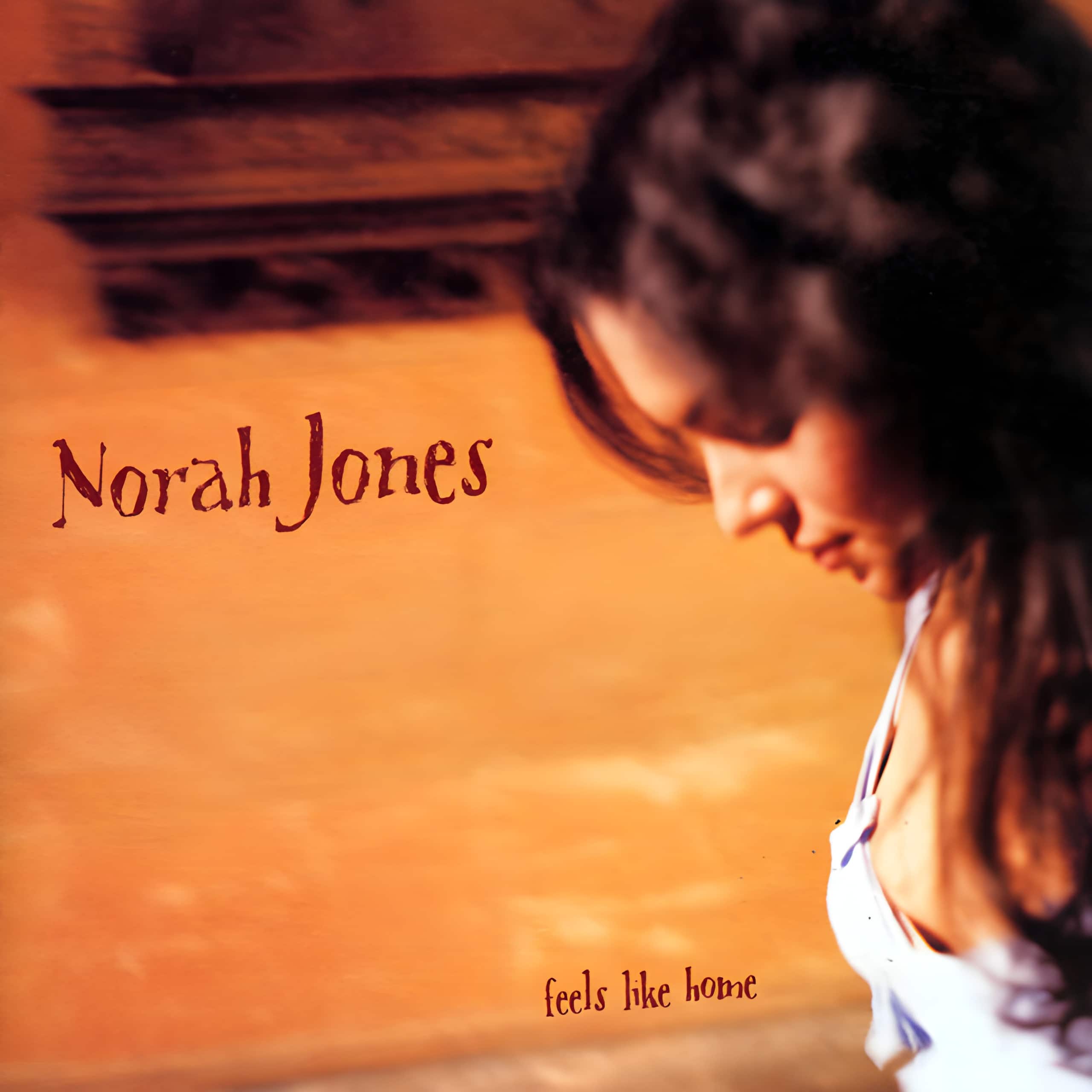Released: 2002
Norah Jones’ “Don’t Know Why” is a beautifully melancholic song that touches on themes of regret, missed opportunities, and longing. It’s a heart-rending portrayal of the internal conflict one feels about choices made and paths not taken. At its core, this song is a journey through the complex landscapes of the human heart.
The opening lines, “I waited ’til I saw the sun / I don’t know why I didn’t come”, set the stage for a story of hesitation and indecision. The reference to waiting until seeing the sun suggests delaying an important decision or action until it’s too late. This sense of delay and eventual regret is a feeling many can relate to, pointing to missed moments because of fears or doubts.
When Jones sings, “I left you by the house of fun / I don’t know why I didn’t come”, there’s a contradiction presented between the apparent joy or opportunity (‘house of fun’) and her choice to leave. This line could symbolize leaving behind what feels safe or enjoyable for reasons not even the speaker can fully understand, highlighting the irrational nature of some decisions.
The lines, “When I saw the break of day / I wished that I could fly away”, convey a desire to escape from the consequences of her actions. However, the imagery of kneeling in the sand / Catching teardrops in my hand signifies a surrender to those emotions, a poignant acceptance of sadness and regret instead of fleeing from them.
The refrain, “My heart is drenched in wine”, uses the metaphor of a heart soaked in wine to depict how emotions, like wine, can saturate and overwhelm one’s heart, affecting clarity and decision-making. The line “But you’ll be on my mind forever” speaks to an enduring memory or love, suggesting that despite the choices made, the emotional connection remains unbreakable.
Exploring deeper into the song, “Out across the endless sea / I will die in ecstasy / But I’ll be a bag of bones / Driving down the road alone”, Jones juxtaposes the notions of ecstasy and a lonely end. It’s a raw look at how one can feel simultaneously fulfilled and devastated by their emotional journeys, emphasizing the solitude that often accompanies our most profound experiences.
Lastly, the recurring line, “I don’t know why I didn’t come”, serves as a haunting refrain that encapsulates the entire essence of the song—uncertainty, reflection, and the melancholy of realizing the impact of one’s choices too late. The mention of feeling “as empty as a drum” in the final verse amplifies this sentiment of hollow emptiness following unexplained decisions.
In conclusion, “Don’t Know Why” by Norah Jones is a masterclass in expressing the intricate dance between longing, regret, and reflection. It invites listeners to delve into their own stories of missed connections and the haunting “what-ifs” that linger in the shadows of choices not taken. The relatability of its lyrics and the soulful melody make it a timeless piece that continues to resonate deeply with listeners.
